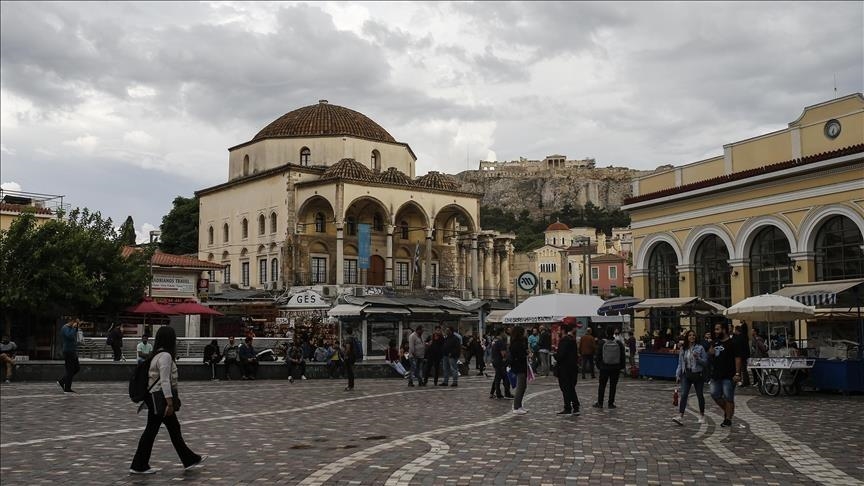ATHENS
A key EU body on Thursday urged Athens to respect European court human rights rulings meant to protect Greece’s ethnic Turkish minority, including the 150,000-strong Turkish community in the northeast.
Meeting in Strasbourg, France, the European Council Ministerial Committee expressed deep concern that 15 years since clear European Court of Human Rights (ECHR) rulings, there still has been no registration of minority groups, while the Iskece Turkish Union remains illegally shuttered.
In a statement, the EU body said despite Greece’s passage of laws in 2017 allowing relevant court cases to go forward, the Turkish minority’s applicants have now exhausted the possibilities available to them within the domestic system.
It repeated its call for Greek authorities to urgently take measures for the Turkish minority’s rights, stressing that freedom of association in a democratic state carries fundamental importance, as emphasized by the ECHR.
“It urged the (Greek) authorities to consider without further delay all possible avenues in order to implement fully and effectively the European Court’s judgments and prevent the recurrence of similar violations,” the statement said.
The committee also “encouraged the Greek authorities to make full use of the Council of Europe’s assistance and expertise in this field, to ensure compliance of any new registration mechanism with the standards of the (European) Convention (of Human Rights).
Decades-long struggle for rights
Under a 2008 ECHR ruling, the right of Turks in Western Thrace to use “Turkish” in the name of associations was guaranteed, but Athens has failed to carry out the ruling, effectively banning the Turkish group’s identity.
Greece’s Western Thrace region is home to a Muslim Turkish community of around 150,000 dating from Ottoman times.
In 1986, the Xanthi Turkish Union (Iskece Turk Birligi) was banned on the pretext that the word “Turkish” in its name was illegal.
To implement the ECHR ruling, in 2017 Greece’s parliament passed a law enabling banned groups to apply for reregistration, but the legislation included major loopholes that frustrated the minority.
Türkiye has long decried Greek oppression of the rights of its Muslim and Turkish minority, from closing down mosques and Turkish minority schools to refusing to let Turkish Muslims elect their own religious leaders.

